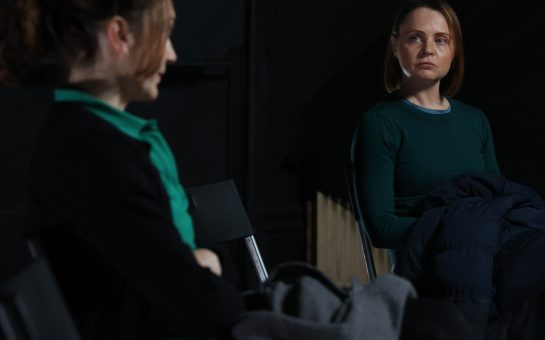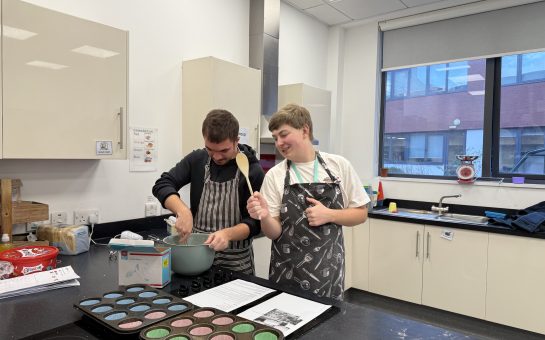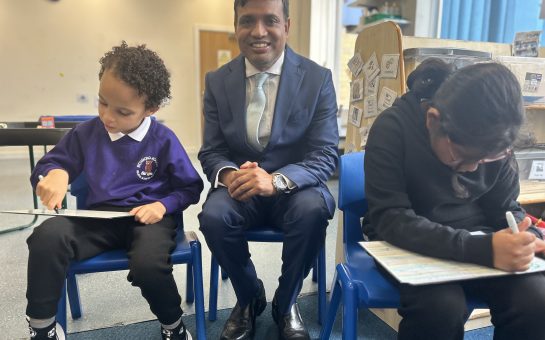The government’s education curriculum is ‘reminiscent of the Victorian era’, claims a North West MEP.
Julie Ward MEP, whose sister is a teacher, believes that ‘knee-jerk’ government interventions in offering incentives for science, technology, engineering and mathematics (STEM) recruits has prompted further crisis in the education system.
According to Prime Minister David Cameron and education secretary Nicky Morgan MP, in order to enhance economic competitiveness ‘in the global race’, the country should focus on cultivating mathematicians and scientists.
However, Ms Ward, 57, argues that the government’s narrow curriculum focus creates an unnecessary divide between the arts and sciences, which she believes complement each other rather than oppose.
She told MM: “This government´s narrow curriculum focus does a huge disservice to both the humanities professionals, for whom we depend on our all-important transferable soft skills, and to the scientists themselves who need creative thinkers in their midst in order to problem solve, imagine, invent and innovate.
“Old-fashioned ideas that compartmentalise learning, reminiscent of the Victorian era, do nothing to address our fast-changing world which requires not just brilliant scientists but an engaged society where arts and science are equally valued.
“Some of the most exciting work I have witnessed has been precisely at the intersection of these disciplines.
“For example, The Wellcome Trust’s pioneering work with schools using theatre to explore bio-medical issues which succeeded in increasing pupil’s understanding of science.”
Figures released last year reveal an increase in the number of students taking degrees in humanities, business and creative arts or design between 2002 and 2012.
Over the same period, universities only saw a 20 per cent rise in students taking physical sciences, engineering and technology degrees.
The government are now offering increased bursaries worth £25,000 tax free to top graduates training in priority subjects, including physics, maths and languages, and prestigious scholarships to trainees in maths, physics, chemistry and computing.
Also, the Prime Minister has since announced the opening of a National College for Digital Skills for London in 2015, as he believes that the future lies with maths, science and technology.
Ms Ward, an EU minister for Culture and Education, insists that the issue lies with how we learn rather than particular subjects.
“What’s at the heart of the issue is learning styles rather than discrete subjects,” she said. “We should be investing in teacher training that not only enhances and updates professional’s knowledge but also gives them a wider range of teaching methods in order to adequately engage all learners.
“The arts and sciences need to co-exist on an equal footing in our education system and greater collaboration between the two should be encouraged.
“We need investment and improvement in all areas of education in order to ensure future generations can compete in a global world. Creative thinking and scientific enquiry must go hand in hand.”
MM visited the Manchester Academic Science Health Centre (MAHSC) to learn about their unique programme called Young Friends of MAHSC.
The initiative brought together young pupils in Greater Manchester together to assist in making positive impact on health.
These young pupils were invited to perform their healthcare ideas in series of dramatised vignettes for 650 leading medical researchers, nurses and doctors.
BBC Playwright Sarah Woods explained to MM the importance of drama in communicating and understanding information.
However Zahra Alijah, Lecturer of Education at Manchester University and Chair for Hideaway Youth Project, argues that the government’s response to the global economy is due to society’s view of achievement.
“We have a very narrow idea of achievement,” she said. “Achievement seems to be about ‘attainment’, it’s about those league tables and targets in relation to the EVAC – subjects like Maths and Science.”
“It doesn’t actually talk about young people’s feelings about themselves, their interpersonal relationships, contribution to society, their sense of citizenship, these things are not measured – and that’s a pity. It’s perhaps something that we should be looking at.
“It’s an international problem. Every country is looking at PISA [Programme for International Student Assessment], thinking about how we compete with each other countries in the rankings, and the rankings are all about attainment in Maths and Science, not about young people’s sense of well-being and contribution to society,” said Ms Alijah.
Image courtesy of Elliot Brown, with thanks.



